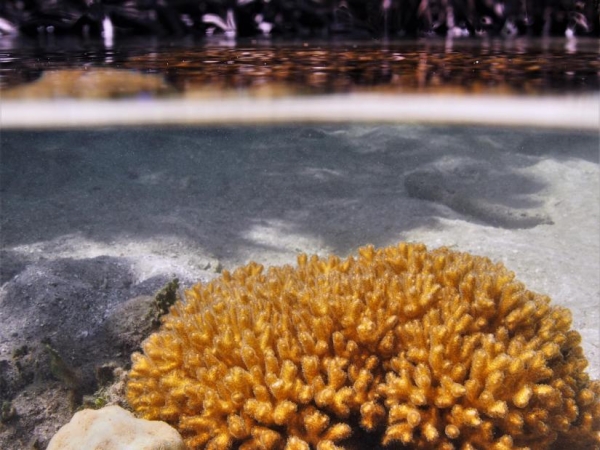Resilient corals, often referred to as ‘super corals’, have recently been seen as potential saviours in the face of climate change and its detrimental effects on coral reefs.
Resilient corals, often referred to as ‘super corals’, have recently been seen as potential saviours in the face of climate change and its detrimental effects on coral reefs.
Now, a team of scientists from the University of Technology Sydney (UTS) and the University of Haifa, Israel is working to better understand these corals in order to develop strategies to protect fragile ecosystems such as the Great Barrier Reef.
UTS scientist Dr Emma Camp, co-lead researcher on the study recently published in the journal Nature Communications, says the findings have significant implications for the future survival and suitability of these resilient corals in restoration projects.
“Understanding the mechanisms by which corals adapt and survive in extreme habitats is crucial for developing effective conservation strategies,” said Dr Camp.
The study primarily focuses on the reef-building coral species Porites lutea which UTS researchers have previously discovered thrives in both mangrove and reef sites.
Read more at University of Technology Sydney
Photo: UTS researchers have previously discovered the coral species 'Porites lutea' thrives in both mangrove and reef sites. Photo Credit: Emma Camp.




